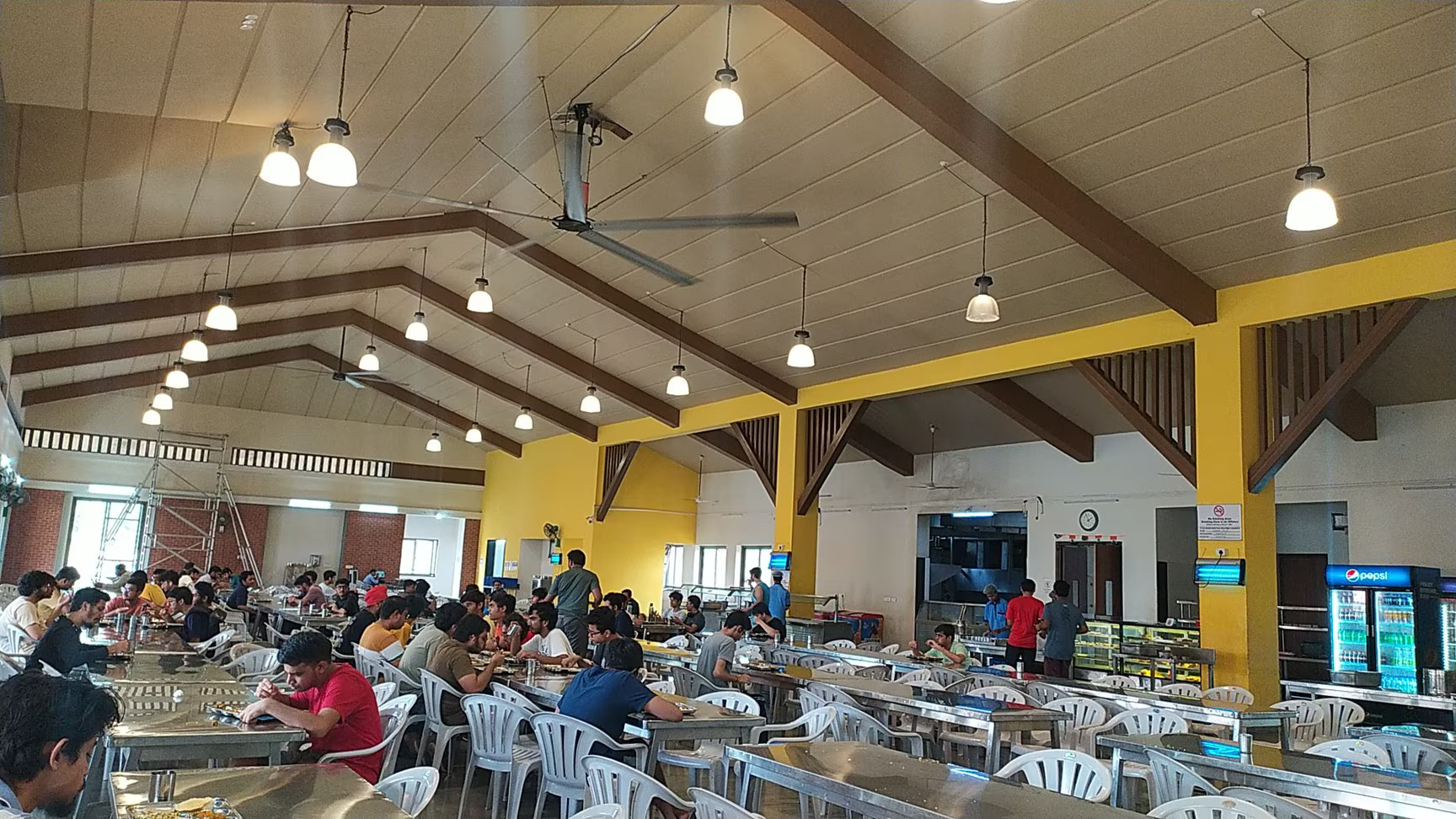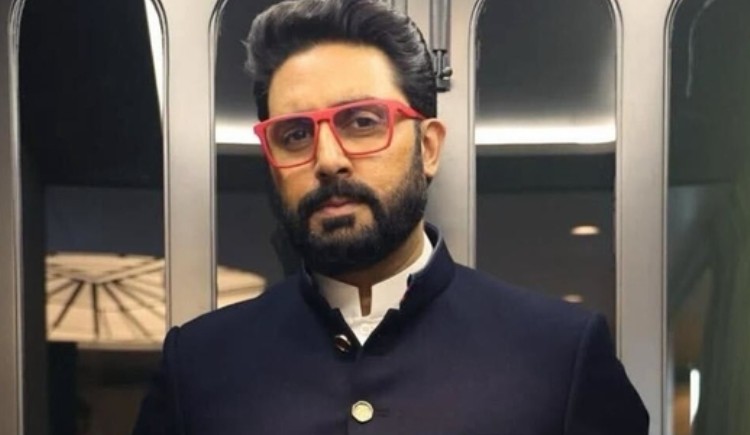Low-carb diets are ruling the roost when it comes to people seeking for ways to manage weight and lead a healthy life. A number of low-carb diets have become popular around the world, with people looking for ways to slim down fast. Cutting out carbohydrates for your diet may seem like an easy way to shed kilos, but there may be some serious side-effects of these fad diets on our health in the long term. A new preliminary study has said that extremely low-carb diets may lead to accelerated ageing and may even dull cognition. Although the study said that while low-carb diets may help you rid your body of visceral fat and may even lead to improved blood sugar control, it should only be followed under supervision from an expert.
For the study, the researchers divided laboratory mice with life expectancy of about a year into three separate groups- the mice in more group were fed with a balanced diet, the second group ate a fatty diet and the third group followed a low-carb diet with excessive protein in it. The mice on low-carb diet consumed only 20 per cent of their daily calories from carbohydrates. Shockingly enough, this was the group that was seen to have a lifespan that was cut short by at least eight to nine weeks, as compared to the mice in the mice that were given a balanced diet.
Additionally, scientists reported that the cognitive abilities of the mice in this group declined to about half that of the group on a balanced diet. The mice on low-carb diet were seen to age faster, due to a decreased in good bacteria and an increase in bad bacteria in their bowels. The study results were presented at the three-day general meeting of the Japan Society of Nutrition and Food Science in the city of Shizuoka in Japan. The researchers at Tohoku University, who conducted this experimental study said that diets that restrict the intake of carbohydrates must only be followed as part of a medical treatment and must be strictly monitored by professionals and experts.
(This content including advice provides generic information only. It is in no way a substitute for qualified medical opinion. Always consult a specialist or your own doctor for more information. NDTV does not claim responsibility for this information.)













